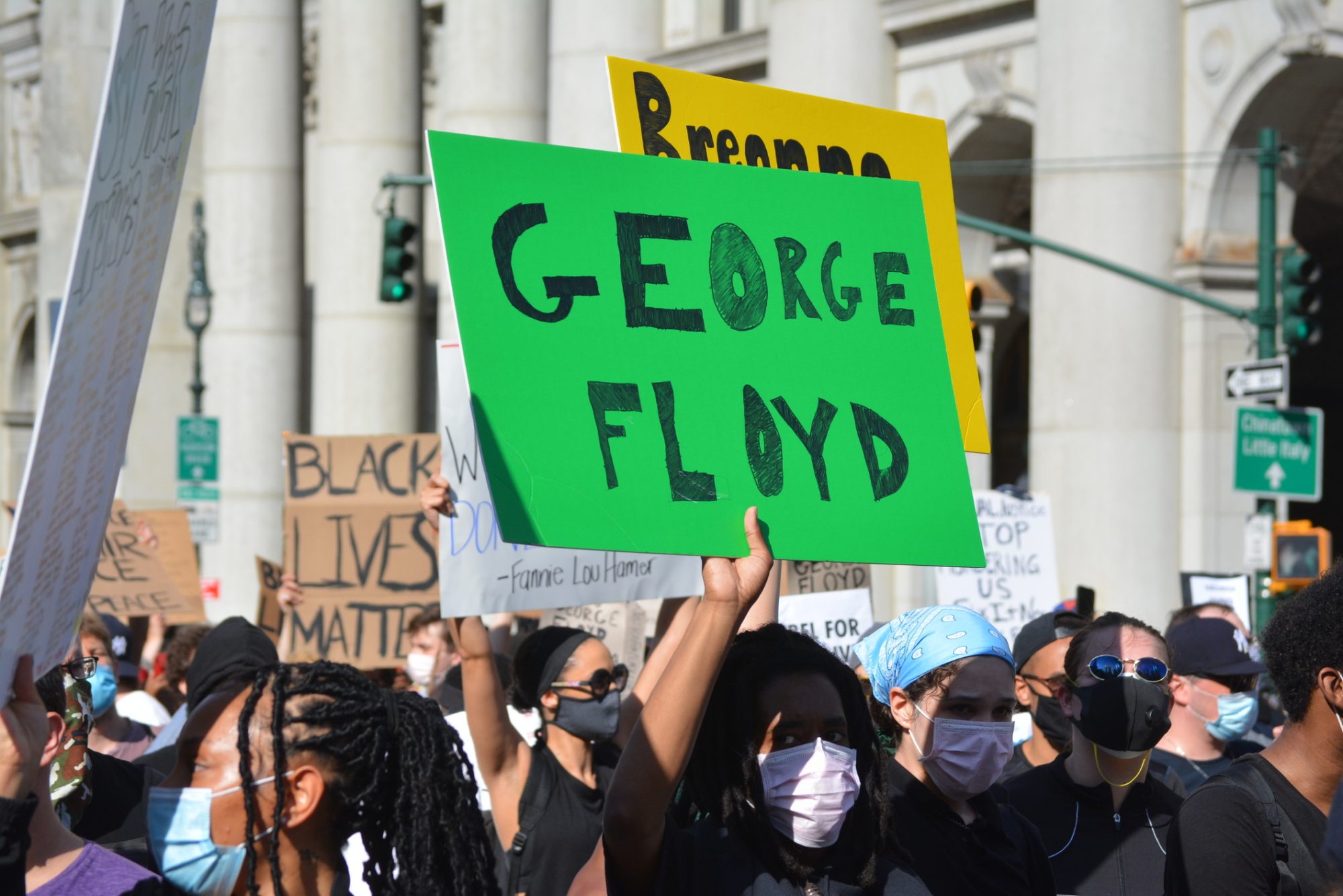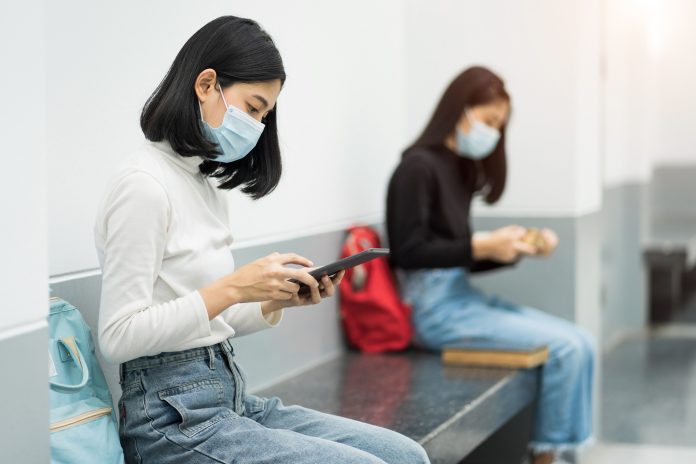The social development of young people was affected by the COVID-19 pandemic, the murder of George Floyd, and more global events
The world has certainly witnessed many stresses since 2020 – some of which, may have influenced the social development of young adults.
For young adults, who are experiencing life at a critical time, the onset of the COVID-19 pandemic, the worldwide coverage of the tragic murder of George Floyd, and numerous political affairs such as the presidential election in the United States may have had a more profound effect on them than other age groups.
Researchers found that young adulthood can be shaped by external events – and the effect of stressors on social development may hinder positive ageing.
External stressors and environmental variations may set young adults on a less fortunate path
Lead author Dr. Bühler of Johannes Gutenberg University Mainz, said: “If everything goes well, young adults select into social networks, initiate friendships and romantic relationships, and find their occupational niche. Our findings, however, show that external stressors and environmental variations may set young adults on a less fortunate path.
“Environmental conditions and contexts are critical for development because they provide the opportunities that people need to grow in a healthy way. In the case of 2020, the average young person may have had fewer of these opportunities, causing fear and anxiety while potentially hindering their development.”

What factors hindered social development?
Researchers compared the social development of 415 young adults in 2020 with that of 465 young adults in 2019.
The participants, who were aged from 18-35 years old, continually supplied updates on several factors affecting their development to those conducting the study.
The participants in 2020 stated that they had decreased levels of intimacy and relationship satisfaction over time, however, the group which was interviewed in 2019 reported slightly higher levels of social support and inclusion over time.
While the changes were not drastic, the lead author highlighted that small effects can have lasting consequences – potentially influencing worse social interactions which could lead to anxiety or depression.
The degree and development of loneliness WERE similar
However, one aspect of social functioning which did not appear to be affected by the stressors of 2020 was loneliness.
Dr. Bühler finalised: “Irrespective of whether young adults were exposed to collective stressors or not, the degree and development of their loneliness was similar.”
Finally, to tackle these negative life outcomes for those affected, researchers suggest examining the coping mechanisms of those less affected to potentially lead to more effective resources and support for young adults.











